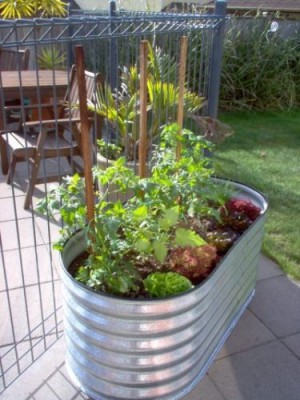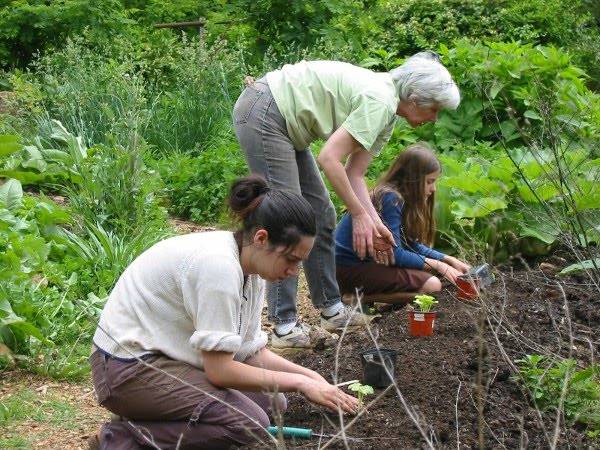5 Tips for easier gardening
Now that you have your new garden shed you may be all inspired to spend some time working in your garden. There’s always something to do but that doesn’t mean it has to be hard work. Although many gardeners enjoy the time they spend working in their gardens, there comes a point when jobs can get ahead of you and make you can feel like you’ve bitten off more than you can chew.
So here are 5 tips that I hope you will find helpful. Some of these are common sense and some may seem like more work in the short term, but they all really will make life easier for you.
[border]
Feed the soil:
You’ve heard it said a hundred times – but do you do it? Start with good soil and you’ll wind up with great plants. Healthy plants are more resistant to disease and attract fewer pests, plus you won’t need to fertilise as much or as often. Start with a good analysis of your existing soil. You can have all the essential nutrients tested or just the pH level.
If your soil is deficient in any minerals or nutrients, amend the soil according to recommendations. Then keep regularly adding organic matter like compost. Slow release natural fertilisers can help supplement deficient nutrients, but feeding plants with synthetic fertilisers can destroy the beneficial organisms and organic matter within soil and only provide a short term fix.
[border]
Group plants by their needs:
I’m sure you’ve heard the saying “Right plant for the right spot.” That’s just the beginning. Of course you’ll want to put sun lovers in the sun and ground covers where they can roam, but consider how efficient it would be if you put all your plants that love lots of water together so you could just turn on the sprinklers or drag the hose to one area and be done.
The same goes for plants that require a lot of deadheading or vegetables that need to be harvested daily or hourly, like zucchini. You can still mix in different bloom times and variations in colour, form and texture. It’s just the heavy maintenance chores that should be consolidated.
[border]
Choose lower maintenance perennial plants:
There will always be some annuals that you have to have but make the backbone of your garden perennial flowers that can take care of themselves. Plants that look good all season and don’t need deadheading, pinching or staking are great!
[border]

Raised garden beds & containers:
It’s much easier to control your garden if it has definite boundaries. Containers and raised garden beds provide the ultimate in control.
You control the soil, water, exposure and even limit the growth of the plants in a container.
Raised beds separate the garden from their surroundings. Ideally, lift the beds up by 6 inches or more.
You’ll have the benefits of controlling your borders and you’ll be saving your back at the same time.
[border]
Install an irrigation system:
This is a suggestion that sounds like it’s going to cost a fortune and require a professional to install – but it won’t. There is an initial cost, although nothing like what you might fear. But unless you rely solely on rain to water your gardens, you will actually save money in the long run. Drip irrigation is far more efficient than any other type of watering. Plus it puts all the water right where your plants need it. Add an inexpensive timer and think of all the time you’ve saved yourself.



Leave a Reply
Want to join the discussion?Feel free to contribute!